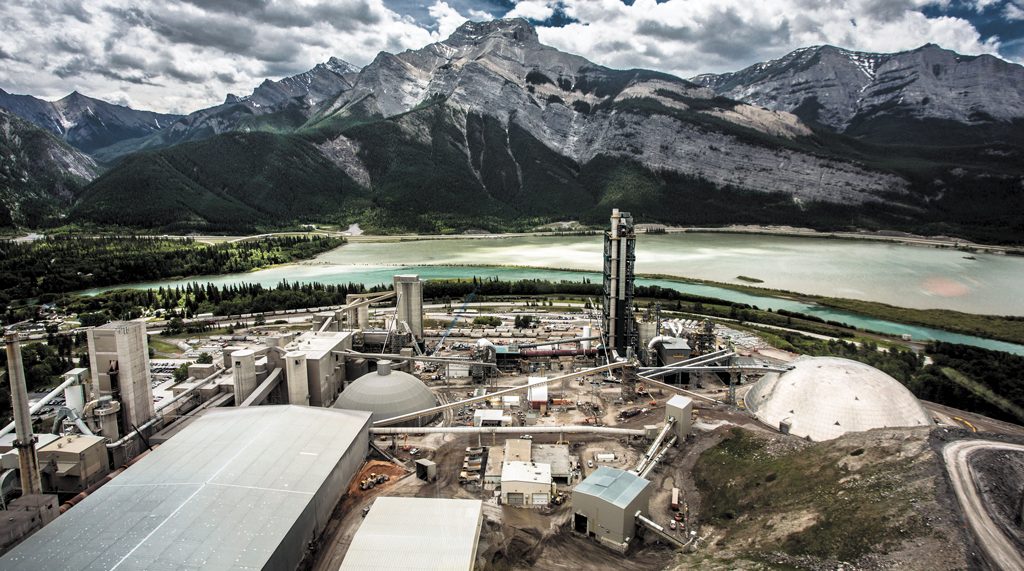EXSHAW, ALTA. — Lafarge Canada Inc. has announced it is embarking on a million-dollar study with partners to research lower-carbon fuels at its Exshaw Cement Plant in Exshaw, Alta.
Eight lower-carbon fuels will be researched, including construction renovation/demolition waste, nonrecyclable plastic, carpets and textiles, shingles, treated wood products, wood products, rubber and tire derived fuels, said a recent statement.
The sources of fuel have already been used at other Lafarge cement plants in Canada and around the world.
“This project is an important step forward in understanding the opportunities for reducing GHG emissions at cement plants in Alberta and across Canada. The partnership between industry, two provinces and the federal government represents an example of the collaborative efforts required to advance low-carbon innovation,” said Steve MacDonald, CEO, Emissions Reductions Alberta, in the statement.
Partners on the project include the University of Calgary, Queen’s University and the Pembina Institute.
The statement said research by the partners will measure the environmental components associated with the sourcing, processing and full-scale commercial operation of each lower-carbon fuel compared to fossil fuels.
The project will also measure the benefits of diverting materials from landfills and determine optimal points in the cement manufacturing process to inject each fuel.
“Our estimates show each 20 per cent incremental replacement of natural gas at the Exshaw Cement Plant with lower carbon fuels could result in the elimination of nearly 75,000 tonnes per year of CO2. While these are preliminary estimates, this research project will assess these figures precisely and in the local context,” said Rob Cumming, environmental director at Lafarge.
In addition to Lafarge’s participation, research funding is being provided by Alberta Innovates, Ontario Centres of Excellence, Emissions Reduction Alberta and the Natural Sciences and Engineering Research Council of Canada. It includes research by Millennium EMS Solutions Ltd., Geocycle and WSP Global Inc.
“Lab simulations, environmental studies, economics and logistics reviews are already underway. All research will be finalized by December 2019 with regular updates provided to the neighbouring communities via a public advisory committee,” said Jim Bachmann, Exshaw plant manager.
“For Ontario, this investment will lead to job growth in the fuel supply sector, training of highly qualified personnel within Queen’s University and will maintain a competitive advantage for Ontario in the implementation and operation of lower-carbon fuel plants,” said Tom Corr, president and CEO, Ontario Centres of Excellence.






Recent Comments
comments for this post are closed